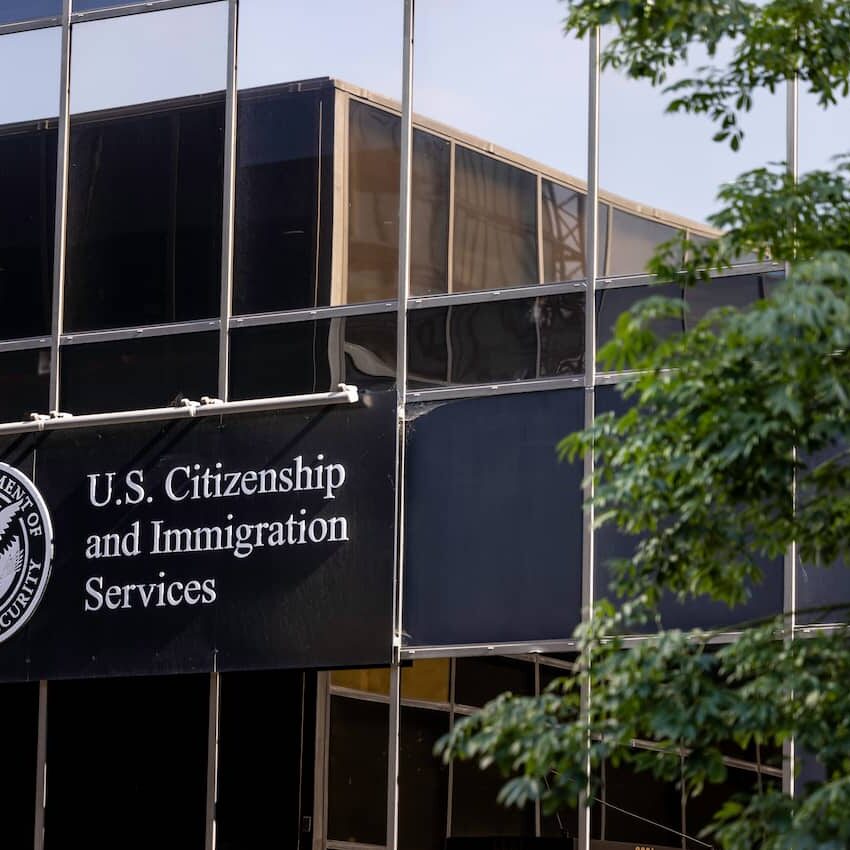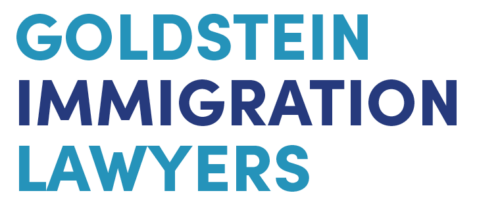
Benefits Available Through Deferred Action for Childhood Arrivals (DACA)
DACA is a form of discretionary relief offered through United States Citizenship and Immigration Services (USCIS) that delays actions to remove undocumented immigrants from the U.S. a period of two years, subject to renewal. While receiving DACA will not provide young immigrants with lawful status in the U.S., it does provide the following benefits:
- Protection against deportation;
- Eligibility for a work permit;
- Permission to obtain a Social Security number, which could prove helpful in obtaining a California driver’s license.
While DACA is only a temporary fix through the two-year validity period, you may be able to obtain a DACA renewal. These requests should be submitted within 120 days (4 months) before the current relief period expires. The expiration date is printed on the front of your Employment Authorization Card.
Eligibility Requirements for Deferred Action for Childhood Arrivals
Eligibility for DACA is based on the following requirements:
- The applicant was under the age of 31 as of June 15, 2012;
- Arrived in the U.S. prior to his or her 16th birthday;
- Has continuously resided in the U.S. from June 15, 2007 up to the present;
- Was physically present in the U.S. on June 15, 2012 and at the time of making his or her DACA request;
- Is currently in school or graduated from high school or obtained his or her GED, or is an honorably discharged veteran of the Coast Guard or Armed Forces;
- Has not been convicted of a felony or certain misdemeanor offenses, and does not pose a threat to national security or public safety.
In addition to the above, to receive DACA you must be at least 15 years old, unless you are currently under threat of removal or have a final removal or voluntary departure order.
Documents You Will Need for Your DACA Application
Providing you meet the DACA eligibility guidelines, to apply for DACA you will need to present the following documents to USCIS:
- Proof of identity, such as a passport, school or military photo I.D., birth certificate with photo, or any government issued immigration documents with your name and picture.
- Proof you entered the U.S. prior to your 16th birthday, such as form I-94/I-95/I-94W or other immigration documents, a passport stamp, school, health, or tax records, or employment records and bank transaction receipts.
- Proof of immigration status. This may include Form I-94/I-95/I-94W with an authorized stay expiration date, an order for removal proceedings or a final order for exclusion or deportation.
- Proof of your presence in the U.S. on June 15, 2012, and proof that you have resided in the U.S. since June 15, 2007. These documents may include utility bills and rent receipts, military, school, and employment records, passport entries, and dated bank transactions.
- Proof of student status, such as a school I.D. or transcripts, or proof of honorable discharge from the military.
USCIS allows you to present copies of certain documents, while requiring originals for others. While knowing what and how to assemble these immigrations related documents can seem like a daunting task, our immigration attorney in Los Angeles can help you locate and identify the proper paperwork to ensure your DACA request is filed correctly.
What DACA Is Not
When considering a DACA request, it is important to understand what DACA is and what it is not. Deferred action allows you to work and to avoid deportation. It does not allow you the following:
- DACA is not a green card, nor is it a path towards obtaining one.
- DACA is not the same as U.S. citizenship, nor does it lead to it.
- DACA does not involve the naturalization process.
- DACA does not allow you to travel abroad, but it may make it easier for you to obtain travel documents.
President Obama’s Executive Action
On November 20, 2014, President Obama issued a series of executive actions on immigration. These executive actions included an expansion of the eligibility requirements for the DACA program. However, the changes included in this executive action have not yet gone into effect. There is currently a lawsuit before the Supreme Court of the United States that will determine whether President Obama’s Executive Order was a lawful use of his powers, and whether the changes he wanted to make to the DACA program will be implemented or not.
The Supreme Court heard oral argument in the case on April 18, 2016, and our experienced Los Angeles DACA lawyers expect a decision by early summer 2016. As new information becomes available, we’ll update this page to keep you up-to-date on the latest developments.
Get Help With Your Application From Our Los Angeles DACA Attorneys
At the Goldstein Immigration Lawyers, our experienced Los Angeles immigration lawyers can help determine if you are eligible for DACA and guide you through the process. For questions about DACA or other immigration matters, please answer a few questions below and schedule your case evaluation.
